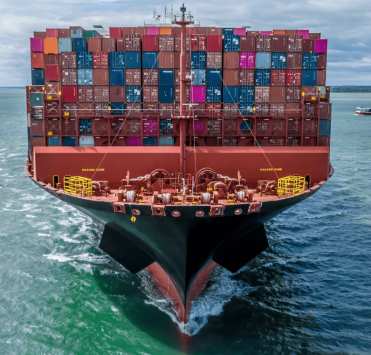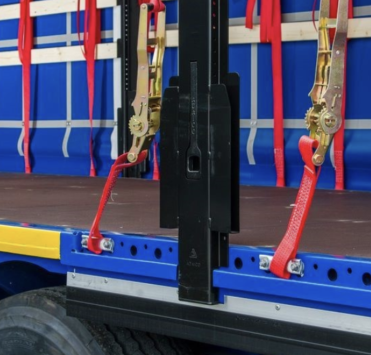FOB vs CIF: What are the differences and who is responsible for what

FOB (Free On Board) and CIF (Cost, Insurance, and Freight) are two of the most commonly used commercial terms in the International Commercial Terms (ICTS) that define the responsibilities and risks of the seller and buyer in international transport. The main differences between them relate to the moment of risk transfer, as well as the responsibility for paying insurance and freight.
FOB (Free On Board)
Under FOB terms, the seller is responsible for delivering the goods to the port of shipment and loading them onto the vessel. The seller handles all logistics and expenses until the cargo crosses the ship's rail.
Seller's Responsibilities:
- The seller must deliver the goods on board the vessel designated by the buyer at the agreed port of shipment.
- The seller bears all risks and costs until the goods pass the ship's rail at the port of shipment.
- From that point, the risks and costs transfer to the buyer.
Buyer's Responsibilities:
- The buyer assumes all risks and expenses for the goods once they are on board the vessel.
- The buyer is responsible for paying freight and insuring the goods for the entire journey to the final destination.
CIF (Cost, Insurance, and Freight)
CIF includes the FOB terms but adds that the seller is also responsible for paying for marine freight and insuring the goods.
Seller's Responsibilities:
- The seller must deliver the goods on board the vessel and pay for freight to the agreed port of destination.
- The seller is also responsible for insuring the goods during sea transit.
- The risks transfer to the buyer once the goods pass the ship's rail at the port of shipment.
Buyer's Responsibilities:
- The buyer assumes risks from the moment the goods cross the ship's rail at the port of shipment.
- The buyer is responsible for unloading the goods at the port of destination and for further transportation.
Key Differences
Freight:
- Under FOB, the buyer pays for freight.
- Under CIF, the seller pays for freight to the port of destination.
Insurance:
- Under FOB, the buyer is responsible for insuring the goods.
- Under CIF, the seller must insure the goods during sea transit.
These distinctions are important for determining responsibilities, risks, and costs in international trade.









